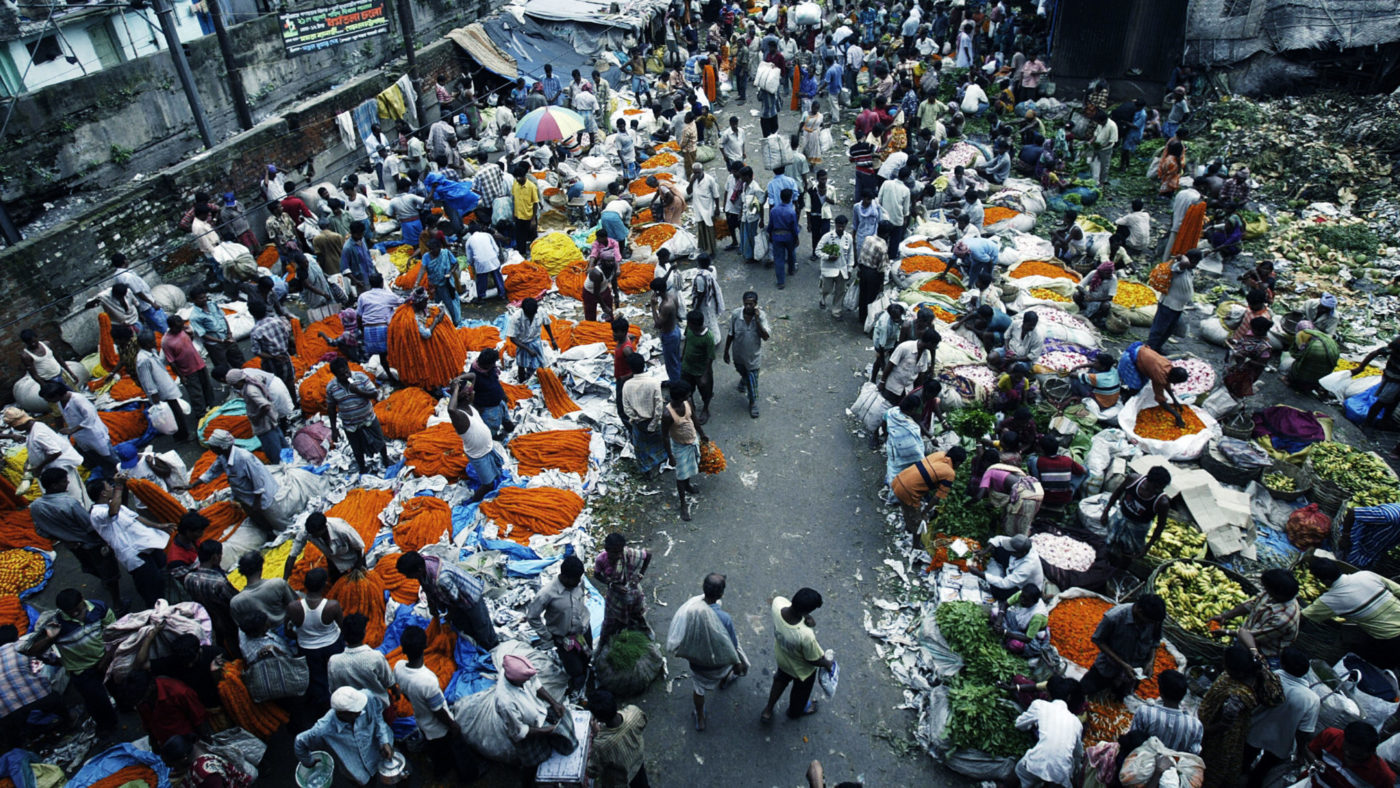On the surface of it, we live in turbulent times.
That seemed obvious yesterday in America, where Donald Trump’s former national security adviser, Michael Flynn pleaded guilty to lying to the FBI. Reports that Flynn would be cooperating with Robert Mueller’s Russia investigation leaves Trump’s Presidency looking more imperilled than ever.
This followed hard on the heels of the President’s retweeting of one of Britain’s most extreme, far-right hate groups. With a few taps, Trump insulted America’s closest ally and made the special relationship a little less special.
Here In Britain, our dislike of Trump may unite us, as Sunder Katwala pointed out for CapX, but Brexit continues to divide us – both a symptom and a cause of an increasingly volatile political scene.
Beyond the hysterics of the daily news agenda, though, deeper, more significant changes are taking place.
This week, the Legatum Institute, a London-based think tank, published its Prosperity Index. Now in its 11th year, the index is an annual ranking of countries based on a broad definition of prosperity that, as well as the orthodox measures of economic well-being, factors in good governance, personal freedom, social capital, safety and security, education, health and the natural environment.
This broad view of prosperity is surely right. As the Legatum Institute’s CEO, Philippa Stroud, explains, “prosperity can never just be about material wealth; at its core it also entails personal and social wellbeing, such as having a home, an education and family and friends who care for us. The journey towards prosperity is therefore not just about what we contribute, but about who we become.”
According to this year’s index, global prosperity is on the rise. It might not make for a particularly exciting headline but things are steadily getting better. That is the most important story of our age.
There are, of course, exceptions to this trend, some of which are tragic. Venezuela, for example, has plunged 11 spots from 121st to 132nd, thanks to a government that has piled political authoritarianism on top of economic delusion to create a desperate situation for that country’s people. Yemen languishes at the bottom of the pile and one worries that next year it could find itself in the same position as Syria, which is missing from the rankings altogether because civil war means there is no usable data being collected.
Outside these extreme cases, things are still far from perfect. Regrettably, the gap between the top and the bottom of the index is widening. Asia’s economic remarkable economic rise continues, though for many Asian countries, a poor personal freedom score holds back their overall ranking. But even by this metric, things are looking up in that part of the world.
The reassuring conclusion from Legatum’s findings is that we know what works. The turbulence that dominates the news and the electoral successes of a number of populist politicians in the West has lead some to argue that the recipe of liberal democracy and broadly free market, open economies needs a fundamental rethink. That would be a mistake.
There are certainly meaningful differences in the way comparably successful countries are run. The role of the state in Denmark, which topped this year’s rankings, is not the same as in New Zealand, which came first last year and second this time around. But both are countries with stable institutions and governments that are highly responsive to people’s needs.
This, we know, is the formula for prosperous lives. And a few tweets doesn’t change that.
This article is taken from CapX’s Weekly Briefing email. Sign up here.


